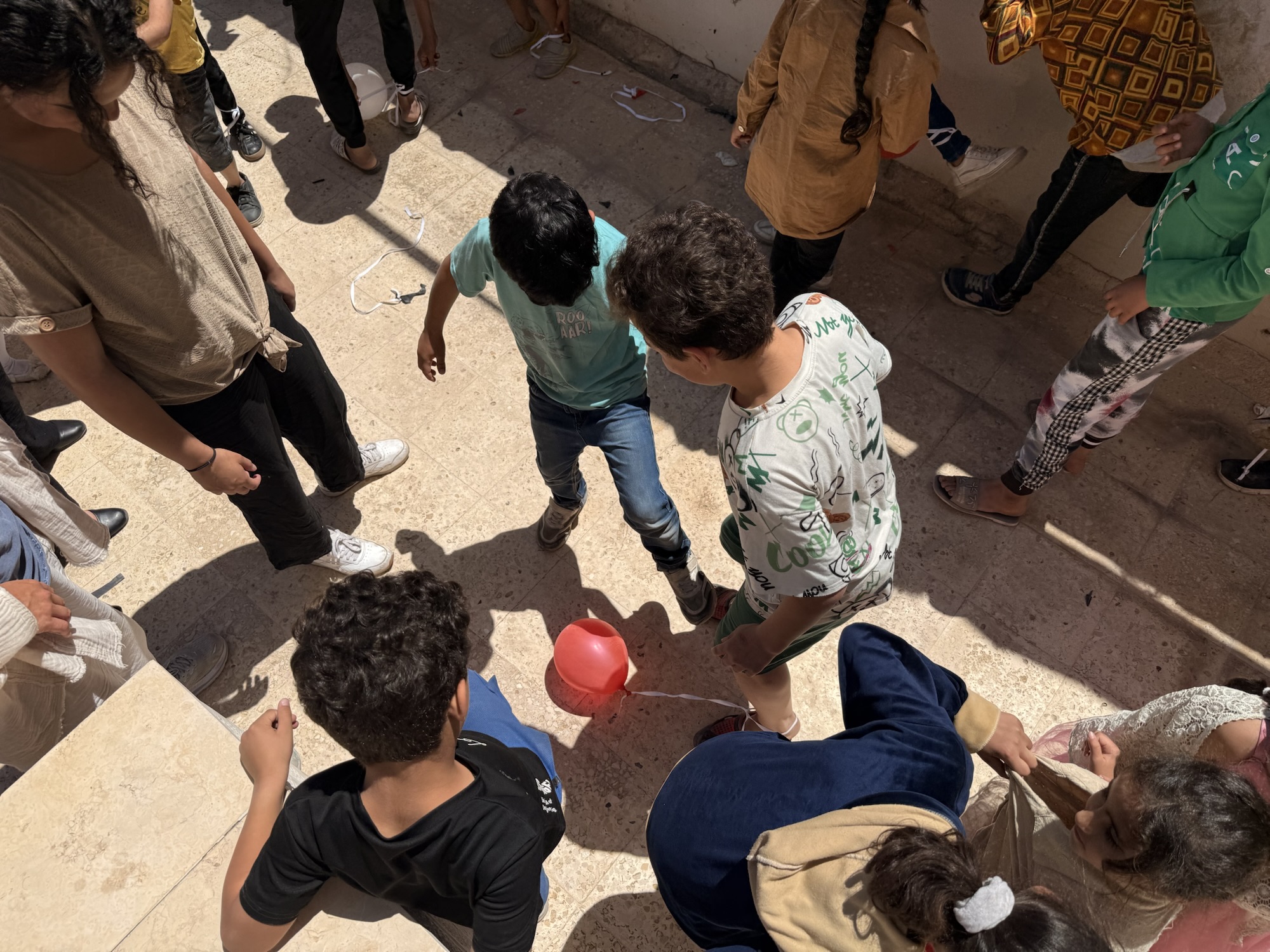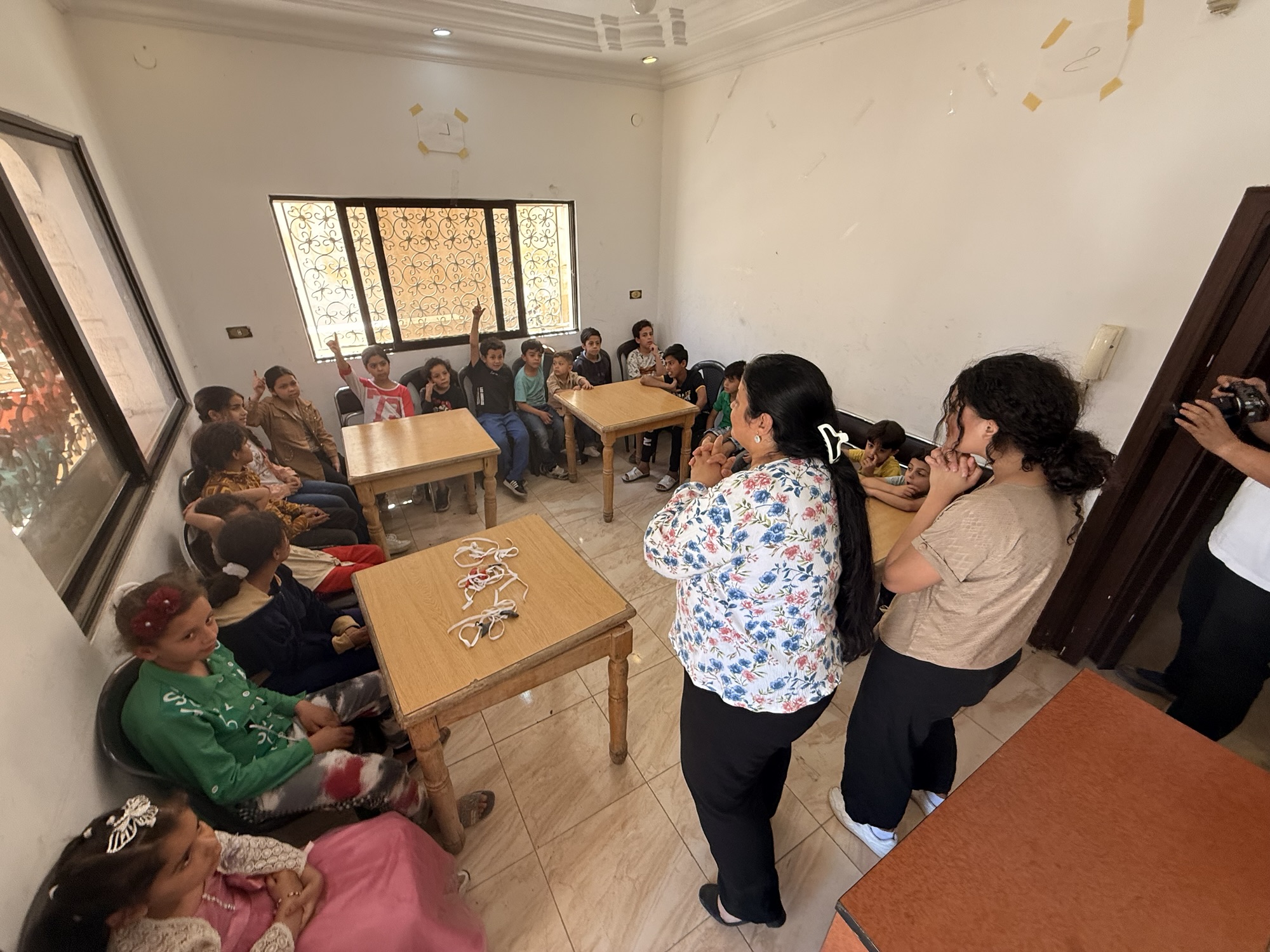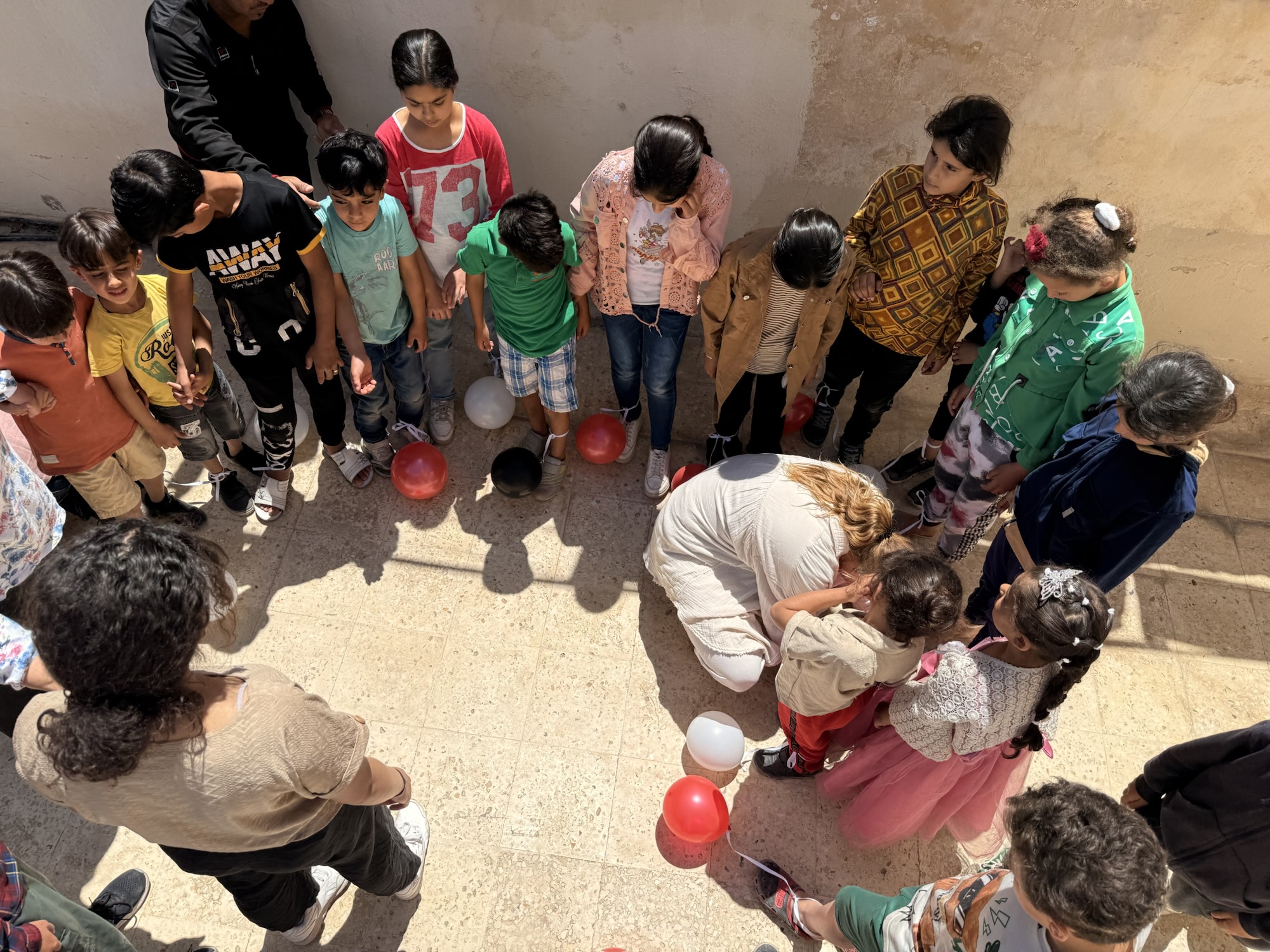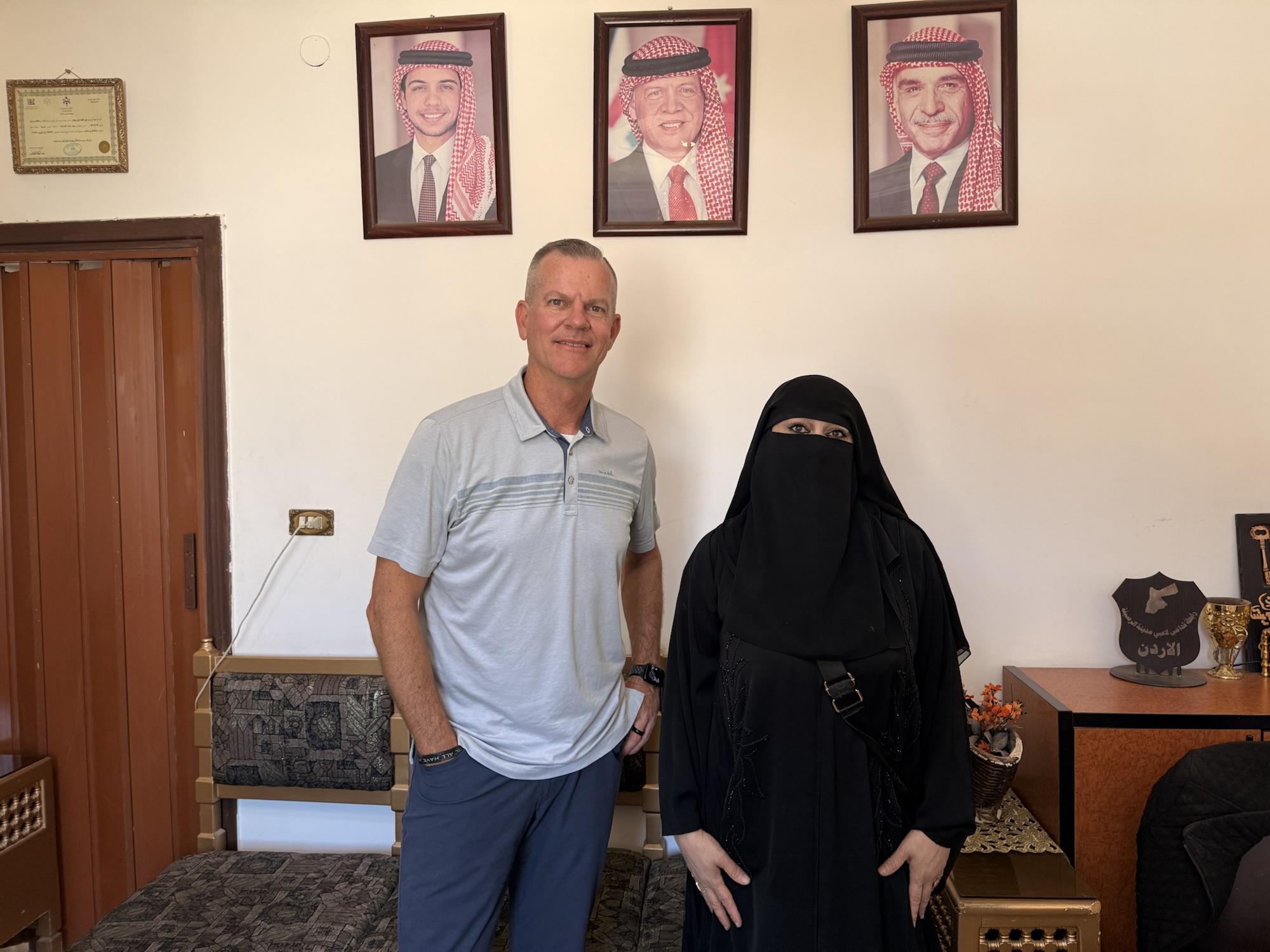Light in Zarqa Camp
How One Woman’s Testimony Reflects the Power of Mercy and Truth
Tucked between the cities of Amman and Zarqa lies one of Jordan’s lesser-known but deeply significant places—Zarqa Camp, also called Hitteen Camp. Established in 1968, this community became a refuge for thousands of Palestinians who fled their homes during the Six-Day War. Many of them had already been displaced once before, in 1948. What was meant to be a temporary solution has, over the decades, become a generational home for tens of thousands.
Behind concrete walls and narrow alleyways are families who live with the lingering weight of loss—loss of land, identity, stability. Yet, amid the hardship, stories of resilience and transformation continue to rise.




On my recent visit—my second time walking the paths of this camp—I met again with a woman whose story has stayed with me ever since our first encounter. She had once been completely opposed to Christians and the church. Suspicion, fear, and past wounds shaped her view. But something changed.
She rented a small room to offer services to refugee families—a simple but brave act of compassion. It was through this space that she encountered Marka Church, a small community of believers not far from the camp. At first, she kept her distance. But then she watched. And listened. And over time, she saw something different.
The leaders of Marka Church didn’t come with superiority or pity. They came with mercy and truth. They served. They visited. They listened. They showed up. And through their consistent love, her heart softened.
She told me, “They lived like no one else I’ve ever met.”
This wasn’t just a change of mind—it was a change of heart. She now partners with the church to help serve others. Her room has become a place of welcome, and her story a source of light. She told her story freely—again—and asked that it be shared so others could see what’s possible when Christians and Muslims come together in humility and purpose.
In a world often divided by fear, her life is a bridge.
And she is a person of peace—the kind Jesus spoke about when He sent His disciples to enter homes and speak peace. She has opened her door, her life, and her influence to others. What began as a rented room has become a space where God’s mercy flows.
I left Zarqa Camp proud—not just of what Marka Church is doing, but of who they are. Their presence is intentional. Their love is not performative. And their impact is seen not in numbers, but in stories like hers.
As long as camps like Zarqa exist, the Church must continue to live as Marka Church has—not just going, but going with mercy and truth.